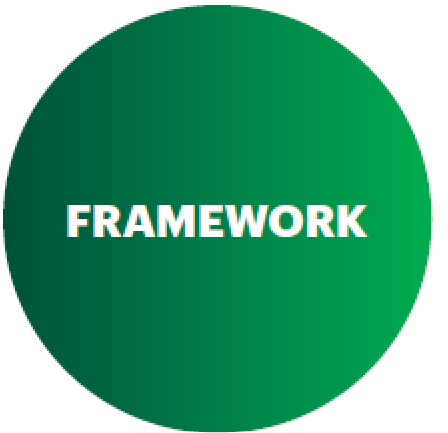Skills development: Global trends local relevance

Udemy Business have produced their look into skills development: 2024 Global Learning & Skills Trends Report. Here are our observations:
- The concept of The Skills-Based Economy…what specific skills exactly?
- Adapting to the rise of AI and the continuing importance of addressing cybersecurity will be critical.
- The absence in Udemy’s skills of cultural competency training and localization.
- How do we validate skills?
Global…
When compared with Kāpuhipuhi Wellington Uni-Professional the weighting of global platforms like Udemy is towards global technical skills like AI, cloud computing, and cybersecurity. Notably, Udemy’s most consumed business skill is technical…Microsoft Excel tools. This bias is driven by their subscription / self-paced / platform-based model. Online learning platforms can be fantastic value and a ready source of skills training. But they struggle to localize and contextualize in isolation.
…or local
In contrast with Udemy, our top ranking areas of skills development last year included communication & engagement, Te Reo Māori, cultural competency, leadership, public sector capability, and ESG. We also weight towards live (whether in-person or online) expert facilitated workshops, both public and, increasingly, tailored and delivered in-house for clients.
So, who’s right? Actually both.
Learning frameworks
All of the above skills areas, and many more, and the full spectrum of learning modalities (such as coaching, mentoring, on-the-job training, and other ways of transferring knowledge) are part of a well designed learning framework.
What’s vital is that you design a framework that starts by aligning with your organisation’s goals and then identifies the obstacles (skills gaps) in the way of achieving them. Once you’ve done this you progress to asking what’s the best approach to developing your teams skills in these areas.

Skills development and validation
If you’ve undertaken any form of qualification, study or training courses you’re likely familiar with having to demonstrate that you’ve attained a certain level of competency or capability (= skills). This could range from a structured test through to an expert observing you putting your skills in practice.
Across 2024 we’ll be rolling out digital badges for all Kāpuhipuhi Wellington Uni-Professional short courses. While these aren’t assessed a digital badges identifies the skills and knowledge that you learnt in the workshop. Badges can align with any industry or organisation learning framework.
Micro-credentials dive deeper and include assessment that formally demonstrates you’ve obtained the skills. Wellington Uni-Professional has micro-credentials in Cybersecurity Essentials, Digital Accessibility, and Privacy as well as Te Reo Māori, restorative practices and the secondary education sector.
Conclusions
When considering skills development, identifying global skills trends is important but they must contextualised and made relevant to your culture and objectives. This is done through a framework that aligns learning with your strategic objectives. When deploying your precious training resources badges and credentials will allow both the organisation and learner to validate the skills that are being learnt are the right skills at the right level of competency.
Find more programmes that we offer
Contact usWe customise specific programmes for many New Zealand organisations – from short ‘in-house’ courses for employee groups, to executive education, or creating workshops within your existing programmes or events.